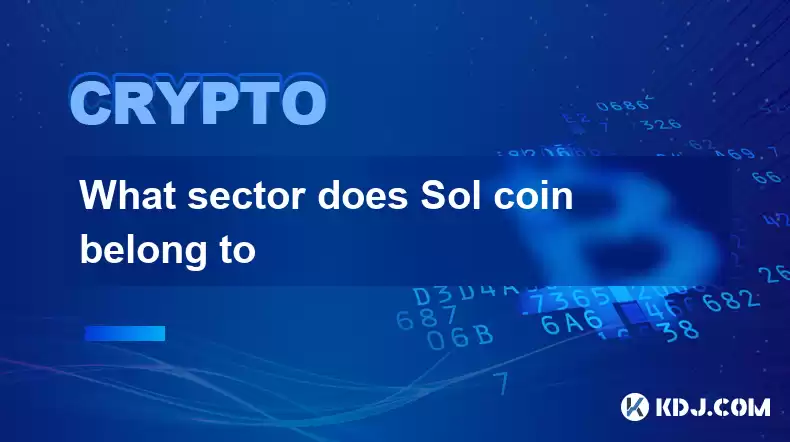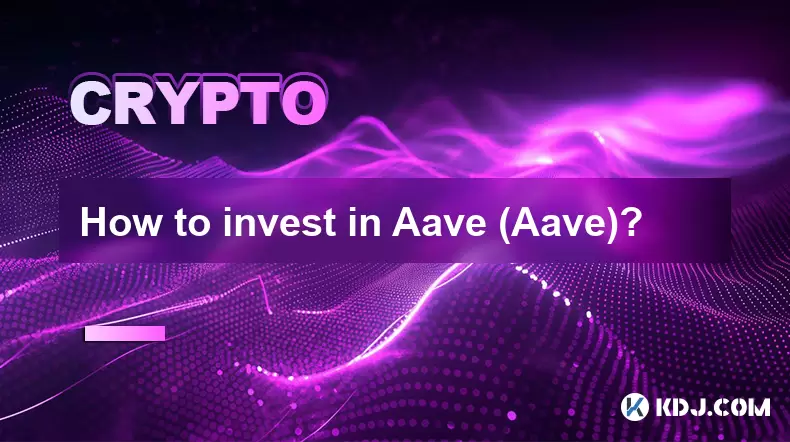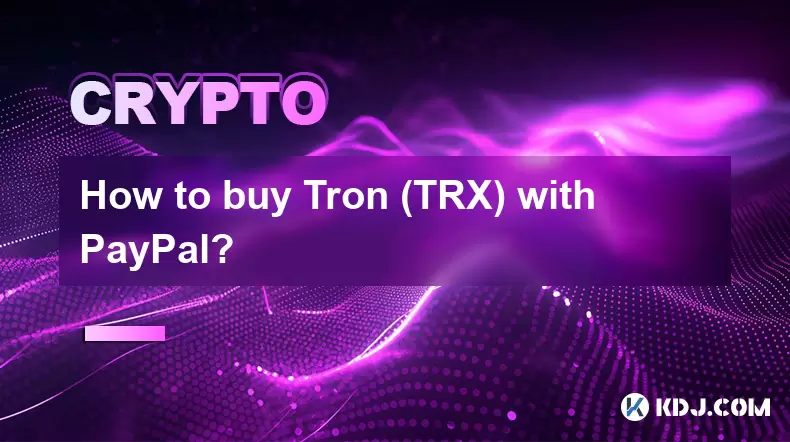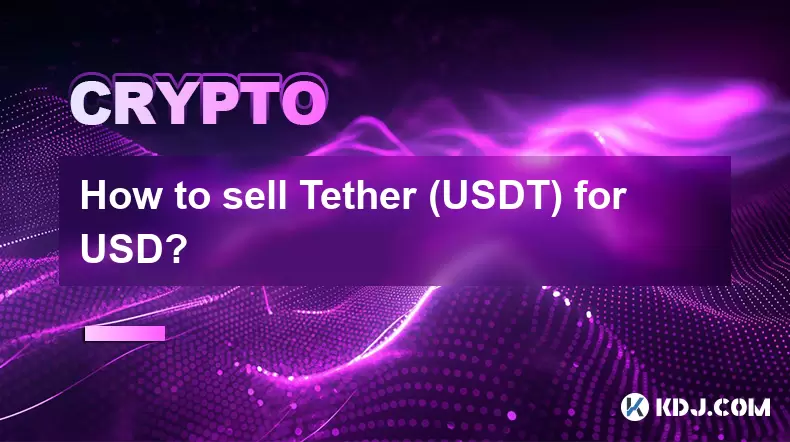-
 Bitcoin
Bitcoin $116500
0.84% -
 Ethereum
Ethereum $3829
4.17% -
 XRP
XRP $3.048
1.61% -
 Tether USDt
Tether USDt $1.000
0.02% -
 BNB
BNB $775.2
0.54% -
 Solana
Solana $169.3
0.44% -
 USDC
USDC $0.0000
0.02% -
 TRON
TRON $0.3412
1.98% -
 Dogecoin
Dogecoin $0.2130
3.62% -
 Cardano
Cardano $0.7539
1.53% -
 Hyperliquid
Hyperliquid $39.16
0.66% -
 Sui
Sui $3.673
5.28% -
 Stellar
Stellar $0.4074
1.72% -
 Chainlink
Chainlink $17.95
7.06% -
 Bitcoin Cash
Bitcoin Cash $576.8
1.16% -
 Hedera
Hedera $0.2506
0.97% -
 Ethena USDe
Ethena USDe $1.001
0.00% -
 Avalanche
Avalanche $22.52
1.46% -
 Litecoin
Litecoin $121.4
2.31% -
 UNUS SED LEO
UNUS SED LEO $8.957
-0.39% -
 Toncoin
Toncoin $3.305
3.22% -
 Shiba Inu
Shiba Inu $0.00001252
1.30% -
 Uniswap
Uniswap $10.06
3.69% -
 Polkadot
Polkadot $3.736
1.76% -
 Dai
Dai $1.000
-0.01% -
 Bitget Token
Bitget Token $4.418
1.82% -
 Monero
Monero $261.2
-7.81% -
 Cronos
Cronos $0.1477
2.56% -
 Pepe
Pepe $0.00001076
2.29% -
 Aave
Aave $273.3
4.22%
What sector does Sol coin belong to
Solana's native cryptocurrency, Sol coin, plays a crucial role within the decentralized finance (DeFi) sector, supporting transactions, liquidity provision, and staking.
Feb 14, 2025 at 11:43 pm

Key Points:
- Understanding the Sol Coin and its Sector
- DeFi Applications Leveraging Sol Coin
- Sol Coin's Role in the Smart Contract Ecosystem
- Current Projects and Use Cases of Sol Coin
- Future Potential and Developments within the Sol Coin Sector
- Frequently Asked Questions about Sol Coin
What Sector Does Sol Coin Belong To?
Solana (SOL) is a proof-of-stake (PoS) blockchain platform designed to facilitate decentralized application (dApp) development with high performance and scalability. Its native cryptocurrency, Sol coin, plays a crucial role within this ecosystem, supporting various sectors and functions.
DeFi Applications Leveraging Sol Coin
Sol coin is widely utilized in decentralized finance (DeFi) applications built on the Solana blockchain. DeFi protocols leverage Sol coin for transactions, liquidity provision, and staking:
- Transactions: Sol coin is the primary medium of exchange for DeFi transactions on the Solana blockchain, enabling users to transfer funds, execute trades, and interact with smart contracts.
- Liquidity Provision: Individuals provide liquidity to DeFi pools using Sol coin, enabling automated trading and facilitating price discovery. Liquidity providers earn rewards in the form of transaction fees and interest on their staked Sol coin.
- Staking: Sol coin holders can stake their tokens to support network validation and earn rewards. This process helps secure the Solana blockchain and provides passive income opportunities for SOL holders.
Sol Coin's Role in the Smart Contract Ecosystem
Solana's smart contract capabilities are powered by Sol coin. Developers utilize Sol coin when deploying and executing smart contracts on the Solana blockchain, covering gas fees and transaction costs:
- Gas Fees: Sol coin is used to pay for computational resources required to execute smart contracts on the Solana blockchain. These fees incentivize network validators to process transactions and maintain network security.
- Transaction Costs: Every transaction within the Solana ecosystem incurs a small transaction cost payable in Sol coin. This ensures network stability and discourages spamming by malicious actors.
Current Projects and Use Cases of Sol Coin
Sol coin supports numerous projects and use cases within the Solana ecosystem:
- DeFi Protocols: Sol coin is the cornerstone of DeFi protocols on Solana, enabling lending, borrowing, trading, and yield farming.
- Non-Fungible Tokens (NFTs): Sol coin serves as the primary currency for NFT marketplaces on Solana, facilitating the purchase and sale of digital collectibles.
- Gaming: Various blockchain games integrate Sol coin, allowing players to purchase in-game assets, participate in play-to-earn mechanisms, and engage in NFT trading.
- Identity Management: Sol coin is utilized in decentralized identity (DID) solutions built on Solana, providing secure and verifiable digital identities.
Future Potential and Developments within the Sol Coin Sector
Solana and Sol coin have immense potential for future growth and innovation:
- Scalability Enhancements: Solana is continually improving its scalability, aiming to handle even higher transaction volumes and maintain fast transaction speeds. This will further strengthen Sol coin as the backbone of the ecosystem.
- Cross-Chain Interoperability: Sol coin is likely to play a significant role in cross-chain bridges and interoperability initiatives, connecting the Solana ecosystem with other blockchains.
- Institutional Adoption: Growing institutional interest in DeFi and blockchain technology may drive demand for Sol coin as a gateway into the Solana ecosystem.
FAQs:
Q: Is Sol coin a security?
A: Sol coin's classification as a security or utility token remains an ongoing topic of discussion and debate among regulators. The SEC has not yet provided definitive guidance on this matter.
Q: Which exchanges support Sol coin trading?
A: Sol coin is available for trading on major cryptocurrency exchanges, including Binance, Coinbase, FTX, Kraken, and Huobi.
Q: How do I store Sol coin securely?
A: You can store Sol coin in hardware wallets such as Ledger and Trezor, software wallets like Phantom and Solflare, or exchange-hosted wallets provided by supported platforms.
Disclaimer:info@kdj.com
The information provided is not trading advice. kdj.com does not assume any responsibility for any investments made based on the information provided in this article. Cryptocurrencies are highly volatile and it is highly recommended that you invest with caution after thorough research!
If you believe that the content used on this website infringes your copyright, please contact us immediately (info@kdj.com) and we will delete it promptly.
- Crypto Phishing Alert: $3 Million USDT Loss Highlights DeFi Risks
- 2025-08-08 01:10:12
- Crypto Presale Mania: Is Punisher Coin the High ROI King?
- 2025-08-08 01:10:12
- Online Betting, Platforms & Crypto Access: What's Hot in 2025
- 2025-08-08 00:50:12
- Bitcoin Mining, Natural Gas & Union Jack Oil: A New Dawn for Onshore UK Energy?
- 2025-08-08 00:55:12
- Bitcoin's Wild Ride: Bollinger Bands, $117K, and What's Next?
- 2025-08-08 00:30:12
- Ripple, Rail, and Stablecoin Payments: A $200M Power Play
- 2025-08-07 22:50:12
Related knowledge

Where can I buy UMA (UMA)?
Aug 07,2025 at 06:42pm
Understanding UMA and Its Role in Decentralized FinanceUMA (Universal Market Access) is an Ethereum-based decentralized finance (DeFi) protocol design...

What exchanges support buying IOTA (MIOTA)?
Aug 07,2025 at 09:58pm
Understanding the Role of Private Keys in Cryptocurrency SecurityIn the world of cryptocurrency, private keys are the cornerstone of ownership and con...

What is the best app to buy EOS?
Aug 07,2025 at 04:35pm
Understanding EOS and Its Role in the Cryptocurrency EcosystemEOS is a blockchain platform designed to support decentralized applications (dApps) with...

How to invest in Aave (Aave)?
Aug 08,2025 at 01:07am
Understanding Aave (AAVE) and Its Role in DeFiAave is a decentralized finance (DeFi) protocol that enables users to lend, borrow, and earn interest on...

How to buy Tron (TRX) with PayPal?
Aug 08,2025 at 12:57am
Understanding Tron (TRX) and PayPal CompatibilityTron (TRX) is a decentralized blockchain platform focused on building a global digital content entert...

How to sell Tether (USDT) for USD?
Aug 07,2025 at 03:29pm
Understanding Tether (USDT) and Its USD ValueTether (USDT) is a stablecoin designed to maintain a 1:1 value ratio with the United States Dollar (USD)....

Where can I buy UMA (UMA)?
Aug 07,2025 at 06:42pm
Understanding UMA and Its Role in Decentralized FinanceUMA (Universal Market Access) is an Ethereum-based decentralized finance (DeFi) protocol design...

What exchanges support buying IOTA (MIOTA)?
Aug 07,2025 at 09:58pm
Understanding the Role of Private Keys in Cryptocurrency SecurityIn the world of cryptocurrency, private keys are the cornerstone of ownership and con...

What is the best app to buy EOS?
Aug 07,2025 at 04:35pm
Understanding EOS and Its Role in the Cryptocurrency EcosystemEOS is a blockchain platform designed to support decentralized applications (dApps) with...

How to invest in Aave (Aave)?
Aug 08,2025 at 01:07am
Understanding Aave (AAVE) and Its Role in DeFiAave is a decentralized finance (DeFi) protocol that enables users to lend, borrow, and earn interest on...

How to buy Tron (TRX) with PayPal?
Aug 08,2025 at 12:57am
Understanding Tron (TRX) and PayPal CompatibilityTron (TRX) is a decentralized blockchain platform focused on building a global digital content entert...

How to sell Tether (USDT) for USD?
Aug 07,2025 at 03:29pm
Understanding Tether (USDT) and Its USD ValueTether (USDT) is a stablecoin designed to maintain a 1:1 value ratio with the United States Dollar (USD)....
See all articles

























































































